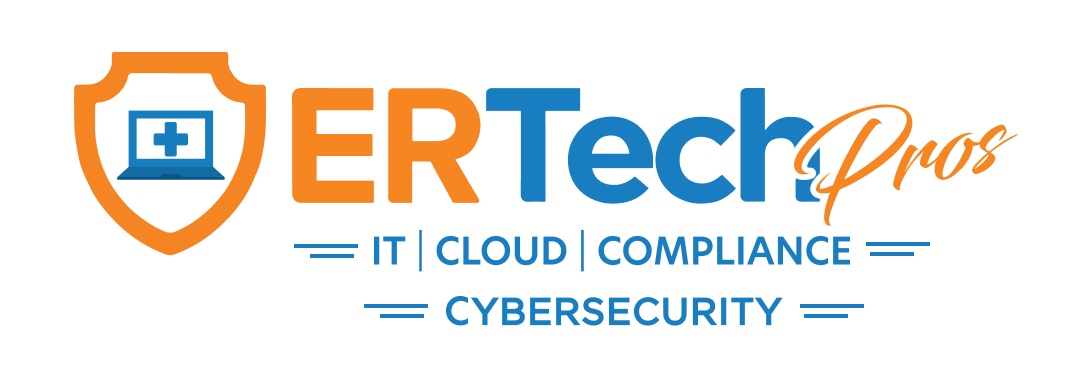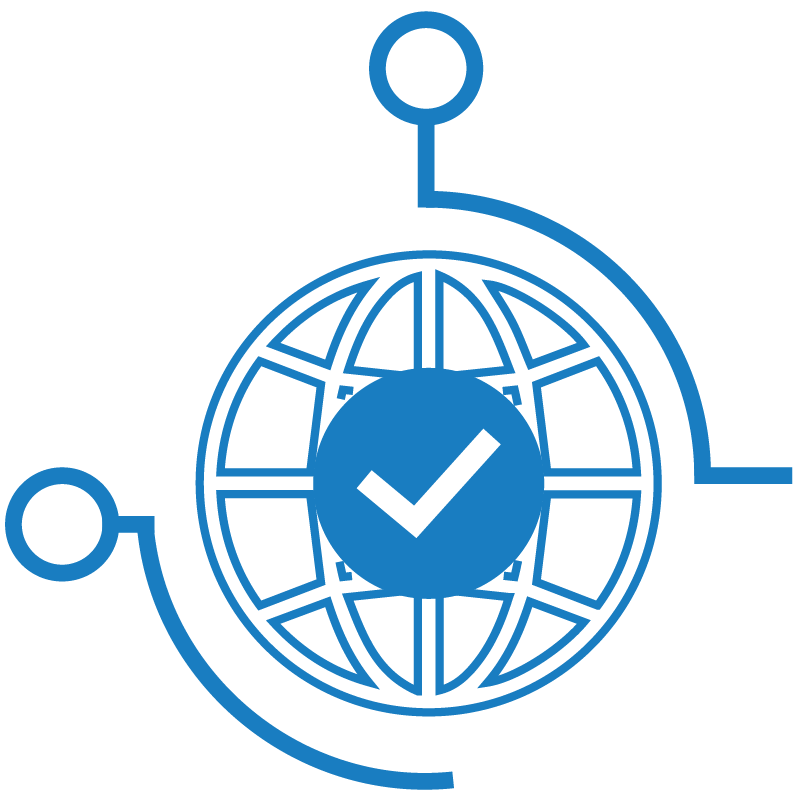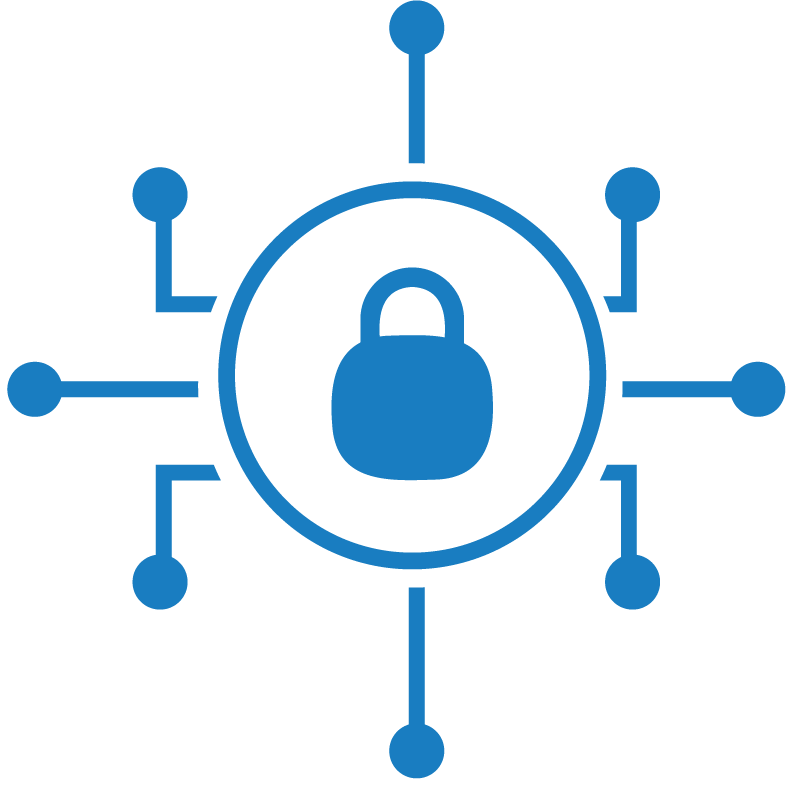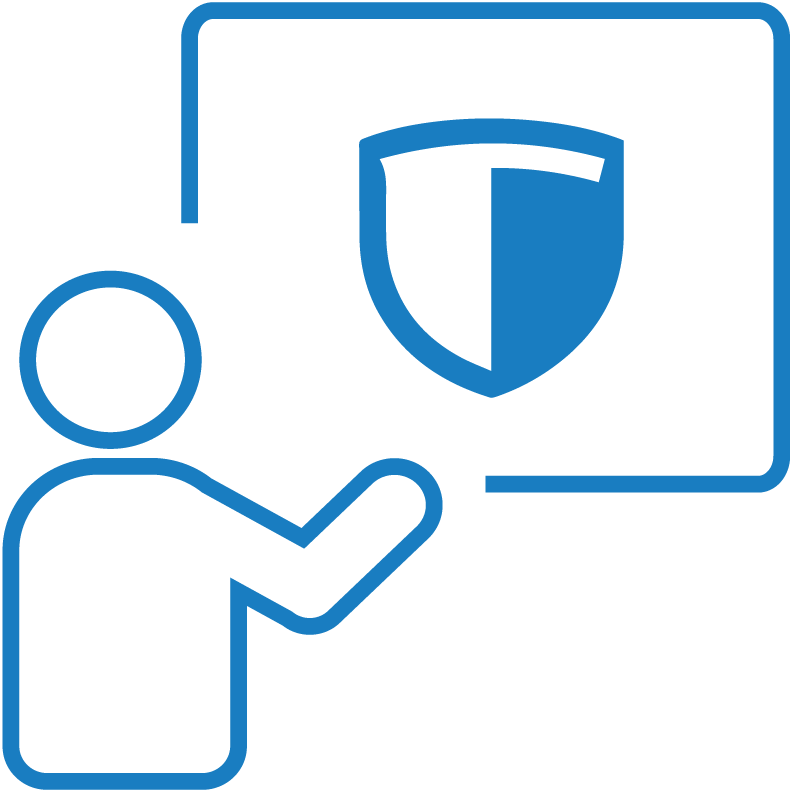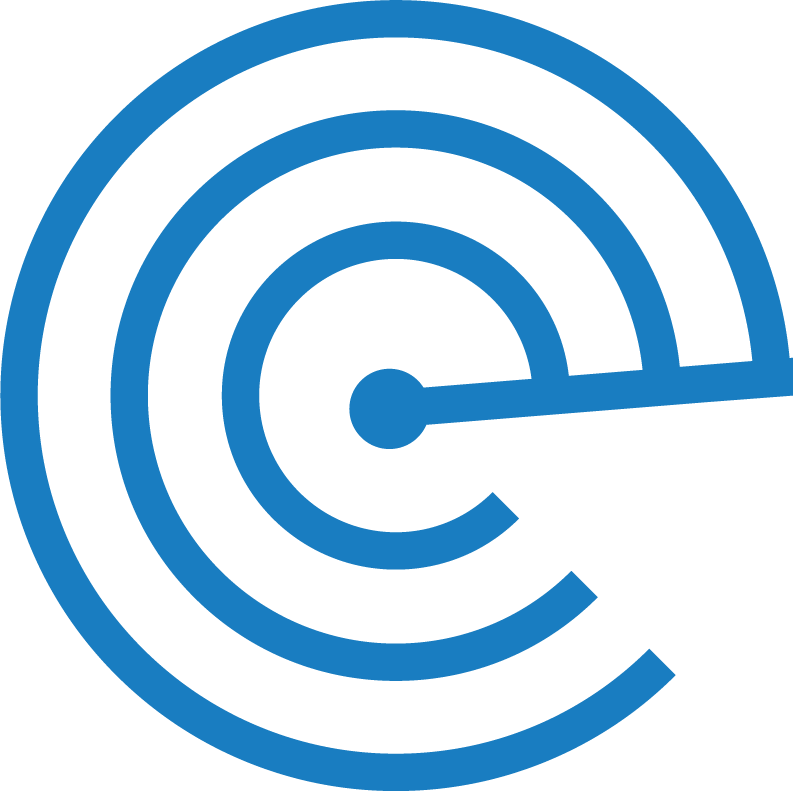Cybersecurity mitigates the risks of data breaches from cyber criminals. With cybersecurity measures in place, hackers are prevented from accessing customers' credit card information and your company's banking information. This is why, in all major industries, cybersecurity is essential. It serves an even greater purpose in the healthcare industry.
What Is Cybersecurity in Healthcare?
Cybersecurity in healthcare focuses on safeguarding electronic information or assets from people who aren't authorized to access, use, or disclose that information. Although most industries concentrate primarily on protecting financial information, the healthcare industry mainly focuses on protecting personally identifying patient information, or protected health information (PHI). In many clinical settings, this endeavor also includes protecting and monitoring key infrastructure that restricts access to particular areas of the hospital, clinic, or office.
Examples of these protected documents include:
- E-prescribing systems
- Digital physician order entry systems
- Electronic health records
- Imaging records
- Clinical decision support systems
- Practice management support systems
Examples of supportive infrastructure that may need protection or monitoring include:
- Smart elevators
- Limited access doors
- Remote patient monitoring devices
What Are the Common Cybersecurity Threats?
Healthcare practices and businesses are appealing to
cybercriminals because the information they can potentially steal is valuable. For example, patients' medical records and billing information can quickly be sold on the dark web to people hoping to commit insurance fraud. It is alarming to note that insurance fraud can seem legitimate with the correct information, and cybercriminals can rake in thousands or even millions of dollars from it.
Another potential moneymaker for cybercriminals is the ability to lock down patient care and back-office systems. Once these systems are locked down, they can no longer be used, which makes the treatment of patients (including those most vulnerable and needing constant care) impossible. Cybercriminals can levy a hefty ransom to get these crucial healthcare systems back up and running.
The devices and systems most vulnerable to cybersecurity threats are those connected to the internet. Many mobile applications and medical devices connect to the internet to do their jobs, and these must have additional protection compared to those that function on in-office-only systems.
How Can We Avoid Cybersecurity Threats?
The best way to
avoid cybersecurity threats is to hire a reputable company to protect, monitor, defend, and continually update your healthcare office's cybersecurity systems. You'll also want to train your employees to avoid common scams, such as email phishing.
What Are the Healthcare Laws and Regulations on Cybersecurity?
The Health Insurance Portability and Accountability Act (HIPAA) is the federal law regulating how healthcare information can be stored, accessed, or shared. The law provides information on how electronically protected health information must be stored and the rules for accessing it. HIPAA also has set rules on what must happen following a breach of protected health information.


